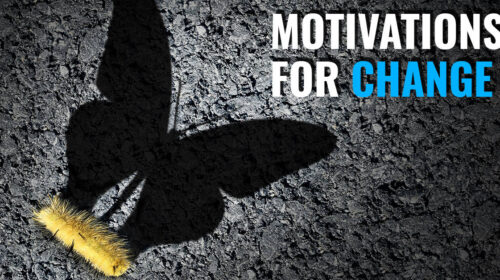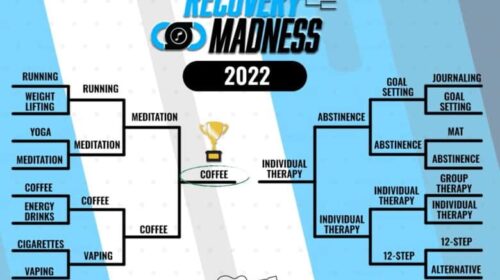Life has been asking itself the same question ever since the one-celled bacterium showed up on Earth: “What’s next?”. A sense of purpose has become just as vital to humanity as food, shelter and companionship; and it’s this pursuit that has gotten us out of the cave, over the hill, into organized societies, on the moon, and to practically every other conquerable frontier. This sense of curiosity and need to do more is also one of the things that drives individuals in addiction recovery.
As we put more and more miles between ourselves and active substance abuse, our emotional wounds start to scab over, our physical health starts to stabilize, and we generally start to feel more and more confident while still having a healthy regard for the possibility of relapse. Eventually this leads to the question of “what’s next?” and whether or not we could be doing more to help ourselves or others continue to overcome drug or alcohol abuse. As we continue to observe National Recovery Month, it’s altogether natural to have a look at our own addiction recovery routines and ask ourselves if we’re doing enough.
Are We Taking Care of Ourselves?
Long-term addiction recovery is a physically and emotionally taxing endeavor, particularly in the early stages. The medical issues that we develop as a result of prolonged and untreated substance use can take years, or a lifetime, to successfully manage. In the meantime, the underlying mental health issues that often occur alongside addiction usually go unaddressed during active substance use and require lifetime management. It’s imperative that, first and foremost, we do everything we can to address these issues, including regular physicians visits, consistent appointments with therapists, regular attendance at meetings and other necessary immediate clinical measures.
We must also ensure that we’re doing the everyday things that are foundational to long-term fulfillment, including proper nutrition and fitness, and filling our days with the things we love like family, art, (healthy) food, music, friends and loved ones.
Can We Be Helping Others More?
Very often, our meetings are filled with new stories and faces who are looking for guidance, advice and support. If we’re feeling comfortable enough in our own skin, perhaps it’s time to start getting more involved in our own recovery community. Whether this means smaller things like providing rides to meetings or larger gestures like actively helping someone find treatment, helping others can have a lasting and significant impact on our own emotional health. Most who are in addiction recovery know someone who is still struggling with drugs or alcohol; any measures we can take the help these people can be life-changing.

























